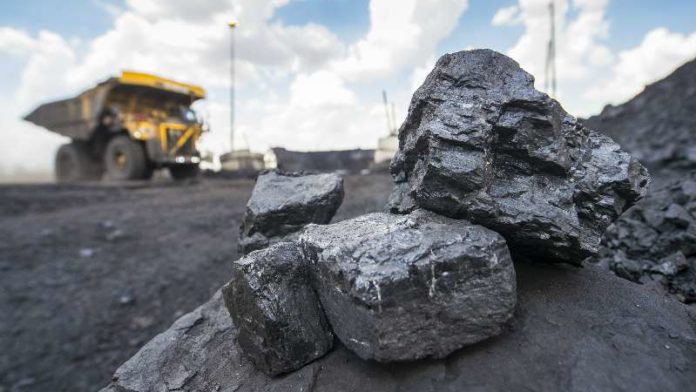Villagers in Zimbabwe’s mining communities are calling for greater transparency in local mining activities to ensure that development benefits reach their areas.
This demand was voiced at the recent Zimbabwe Alternative Mining Indaba, held under the theme, “Energy Transition Minerals: Putting Communities First for Community Development.”
Temper Gonde, a villager from Bubi in Matabeleland North, described how community members often hear of new mining claims in their region but are restricted from accessing these sites.
“We’ll hear news of a claim, and as people from Bubi, we’ll be told to go and benefit from it. But before we even arrive, police trucks are sent to tell us to leave. Next, the councillors step in, and soon, we see council contractors working at the claims,” he explained.
Gonde noted that while communities are promised infrastructure improvements, such commitments are rarely kept.
“We’re told they’ll do things for us, but then we see police and others with political influence benefiting instead. The community sees nothing from these projects,” he said.
He added that when community members inquire about promised projects, like borehole drilling, they’re directed to follow formal procedures.
“Yet, it’s the councillor, police, and influential figures who benefit, not us,” Gonde stated, pointing out that young people who speak out are sometimes arrested and given community service as punishment.
“Our roads are dilapidated, we lack clean water, and we don’t know who to approach because those meant to protect us are the ones causing harm,” Gonde said, emphasizing the need for district-wide benefits. “Our schools are overcrowded, hospitals are in poor condition—who’s going to help us?”
Gonde called for transparency in mining disclosures, stating, “We want to know what’s being mined and its value so that we can also benefit. The devolution policy is supposed to empower communities, but that’s not happening here.”
He added that while some companies claim to assist, there’s little clarity on their contributions. “I argue that it’s not the Chinese at fault—they’re given permission—but we should know what they bring so we can hold them accountable for repairing our roads,” he said.
Gonde urged the government to intervene and ensure mining activities benefit local communities. “Maybe the government isn’t aware of the gold being mined in Bubi, but we must inform them.”
However, another villager from Mashonaland Central shared a more positive view, noting that some mining companies do contribute, by providing fire trucks and supporting community programs.
“Some companies give back to the community, but others take much more than they give, causing environmental degradation and water pollution, leading to conflicts with farmers,” he explained. He added, “While we’re grateful for some support, companies, especially Chinese ones, could do more. We’ve seen incidents of workplace violence and insufficient worker protections.”
He also raised concerns about whether the money from mining operations truly benefits the economy, adding, “If managed properly, our economy would be stronger, but right now, it’s the community bearing the costs of mining.”

